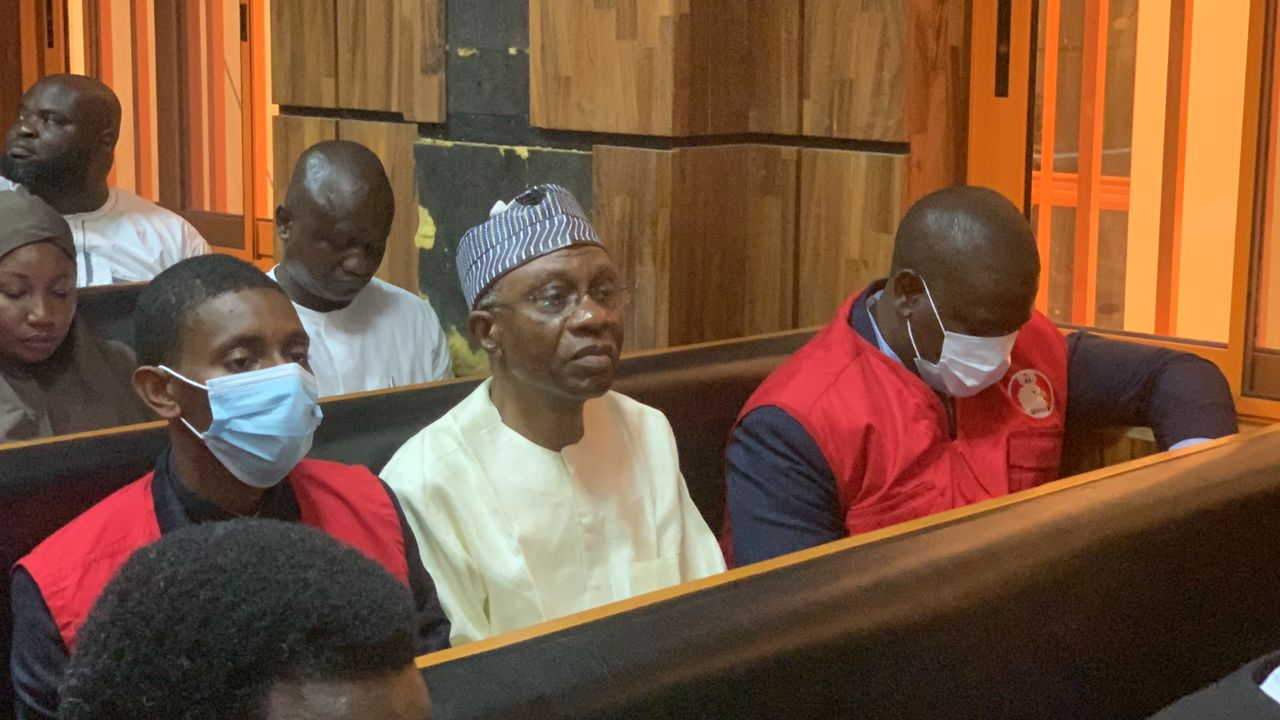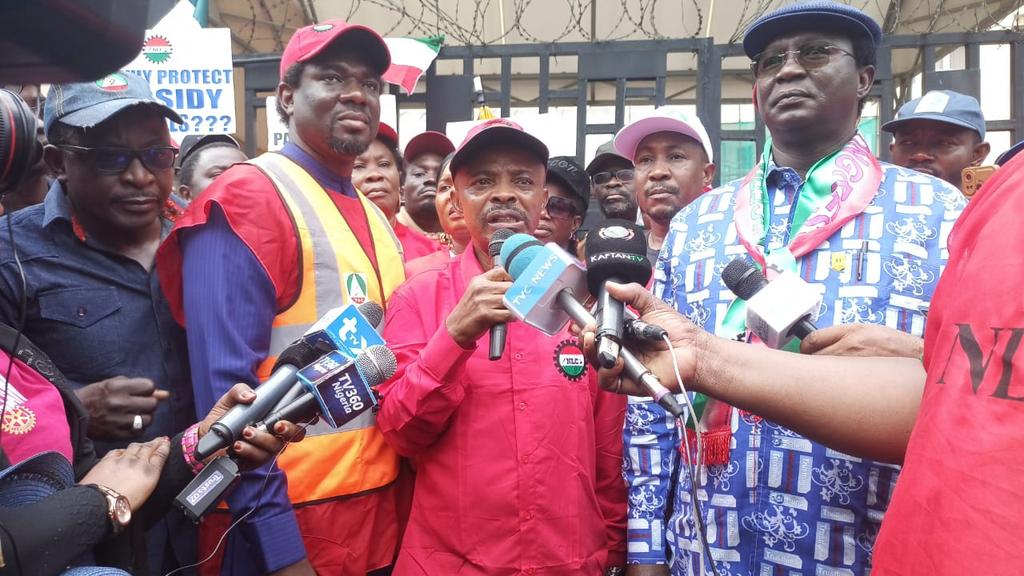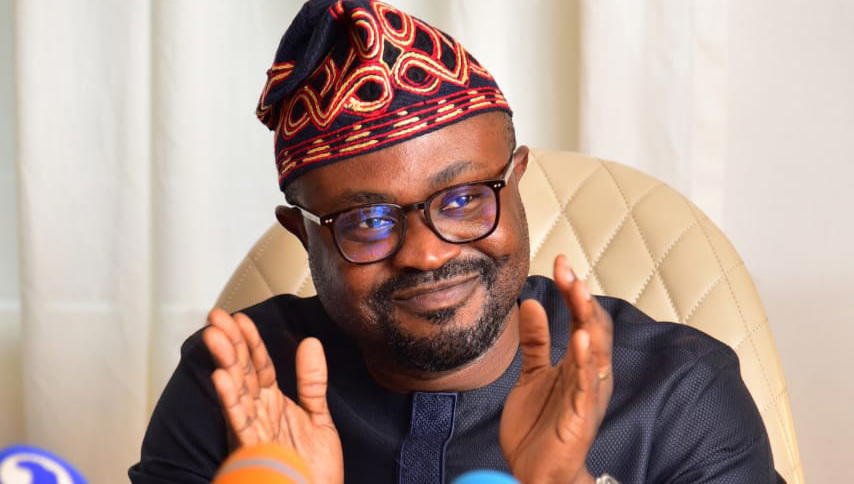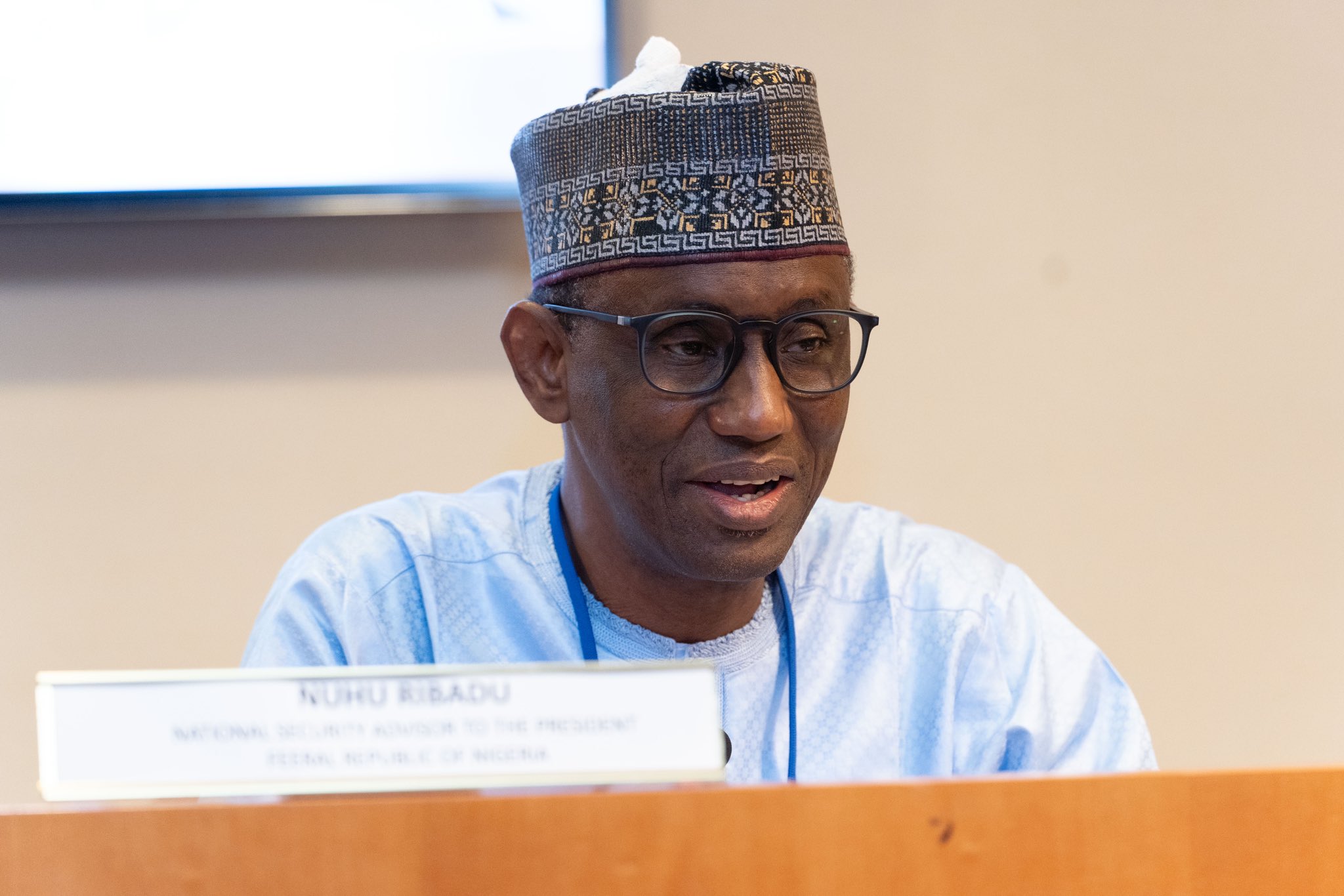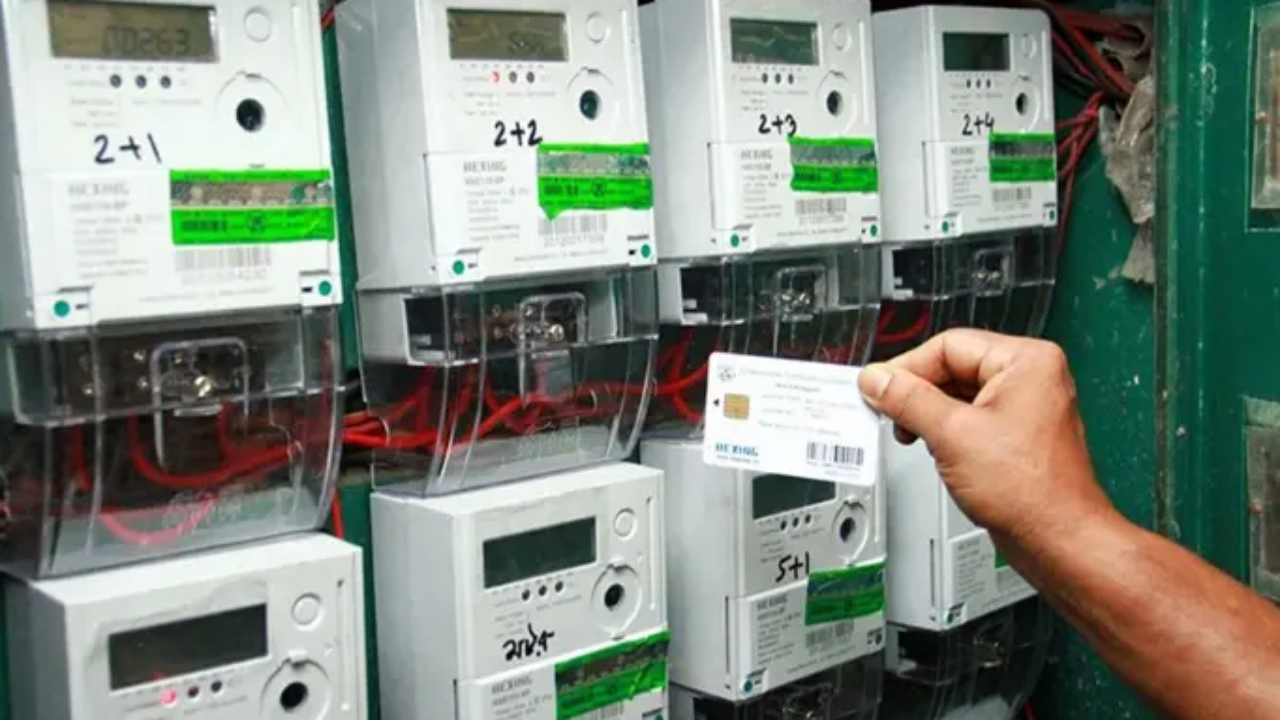To reposition Nigerian education to suit the renewed hope agenda, President Bola Tinubu has approved three frameworks to improve the educational sector of the country. Accordingly, the framework is expected to painstakingly overhaul the education sector, enhance learning and skill development, increase enrolment as well as ensure the academic security of the nation’s children against men underworld. Special Adviser to the President on Media and Publicity, Ajuri Ngelale, , made this known in a statement yesterday in Abuja.
Nglale revealed that the approved policies were captured as DOTS, an acronym for Data Repository, Out-of-School Children Education, Teacher Training & Development, and Skill Development & Acquisition.
Explaining further he said, on data repository, Tinubu approved the conduct of an extensive census to provide the current database of students with coordinated, verifiable, and authentic record that education sector in Nigeria will rely upon.
Mr Ngelale said this would involve data on all schools from primary to tertiary level, their conditions and live-in facilities, proximity to one another, educational infrastructure, etc.
He added this will include; “All teachers in Nigeria, their qualifications, training support received, etc, and all pupils and students in primary, secondary, and tertiary institutions, gender, exam grades, etc.”
The presidential spokesperson said this information would guide federal and state interventions for teachers’ training and development as well as overall support for the education sector in the country.
He said it would also provide data on gender ratio (boys and girls), their specific learning needs, and who is in school or who has dropped out based on daily monitoring with year-by-year reporting.
The statement continue, “This new data tracking architecture will enable the government to track the progress of students, thus having a clear data-driven mechanism for interventions, especially concerning out-of-school children, girls, and those with specific learning disabilities, among others.”
However, on the out-of-school children’s education and training, Nglale revealed the Federal Ministry of Education is already implementing the government’s policy through the activities of four of its agencies.
He noted currently, there are about two million beneficiaries, adding that the system-wide policy would further enhance the education and training of the nation’s out-of-school children.
On the Teachers’ development and support, he said: “Under this programme, the Federal Ministry of Education will support and train teachers in digital skills to facilitate the use of technology in classrooms. This is expected to bring technology and digitization to teachers and learners at all levels of education.
The student were not left on skill development as, the National Skill Framework Skill is to enhance skill diversity in the education sector in order to effectively equip Nigerian students with the requisite skills, knowledge, and values to become functional and productive members of society.
“The framework is designed to provide the appropriate skills for each level of education that will result in the empowering of generations of Nigerians with the required aptitude for the evolving needs of the global economy of the 21st century.
“This framework is expected to address skill-gaps, quality of education, and unemployment concerns as students will acquire certain skill sets, in addition to general knowledge.”
Mr Ngelale said that once fully implemented, these programmes would succeed in resetting learning and connecting the ‘DOTS’ for improvement of the overall education system.




